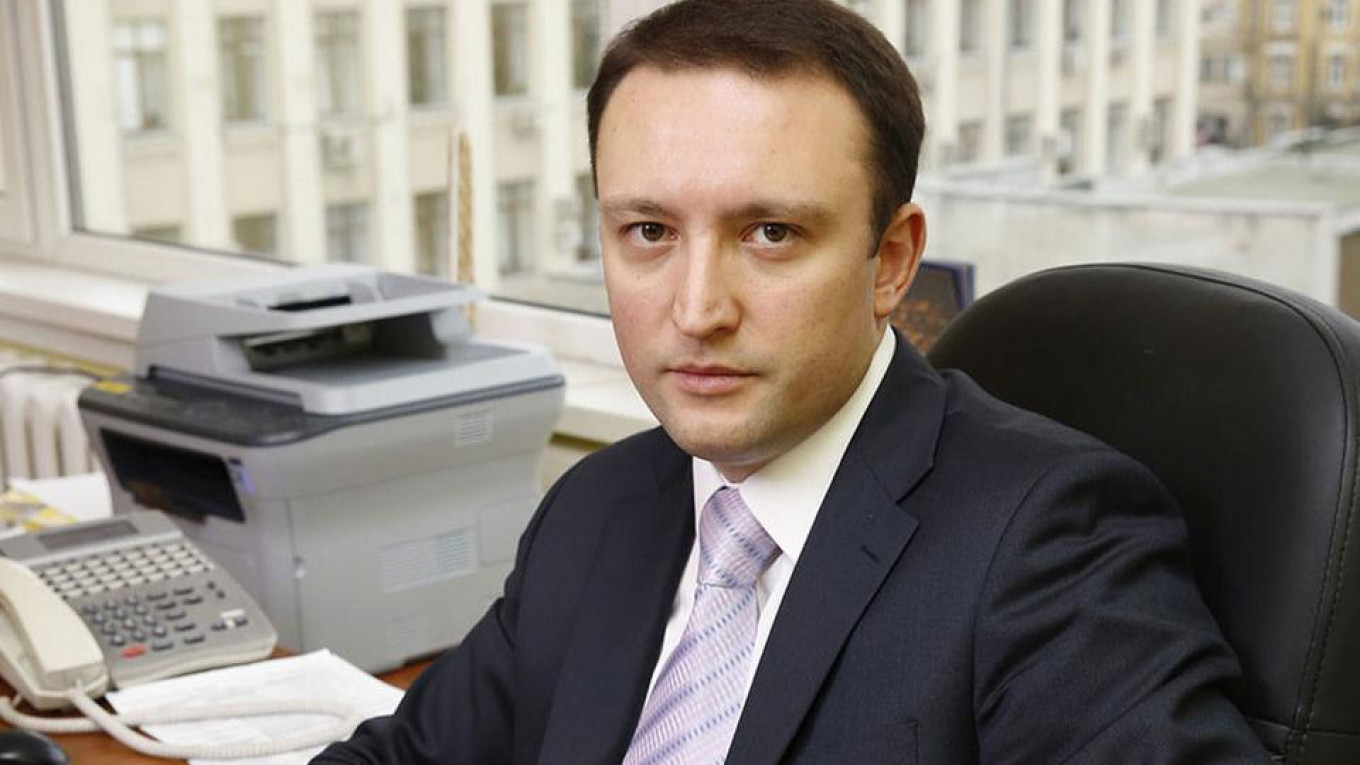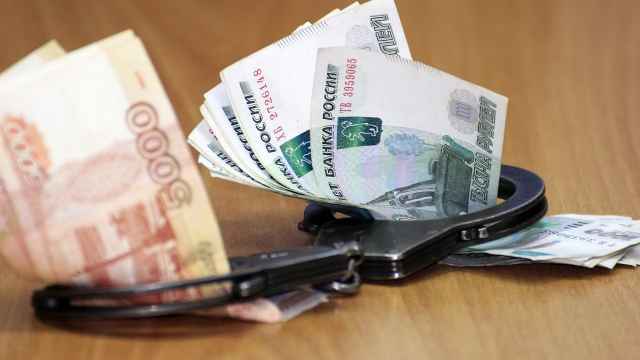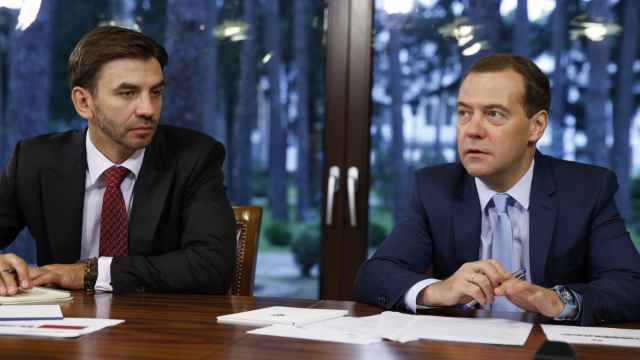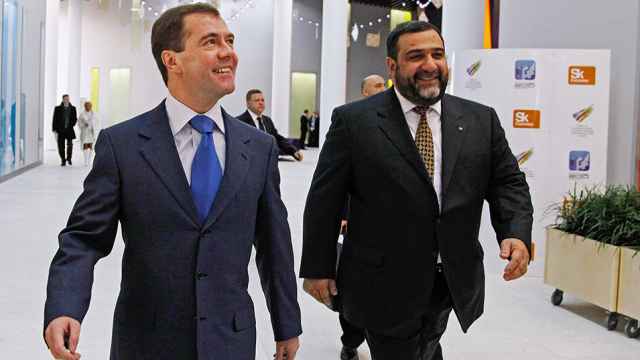The controversial Russian state agency charged with overseeing media and blocking websites has had the spotlight turned onto itself after four of its employees were charged with fraud Oct. 5.
Roskomnadzor was established in 2008 as a growing number Russian homes were hooked up to the internet and "family values" parliamentarians agitated for greater internet safety. Initially, it went after websites involved in child pornography and illegal drug sales.
But soon its brief to monitor the media brought about to closure of sites for political reasons and in no short order Roskomnadzor became known as Russia’s state censor.
The agency has reportedly banned more than 82,000 websites since 2008 for reasons ranging from support for terrorism and “extremism” to calls for demonstrations.
“Dead Souls” on the payroll
The fraud case has implicated Roskomnadzor’s spokesman Vadim Ampelonsky — familiar to those who have faced the censor’s scrutiny — and Boris Yedidin, the head of its legal department.
Both men were placed under house arrest Oct. 5 by the Chertanovsky Court of Moscow until Nov. 7.
The court also authorized the house arrest of Alexander Veselchakov, adviser to the General Director of the Chief Radio Frequency Center (CRFC), an agency under the auspices of Roskomnadzor that monitors radio frequencies.
The business daily Kommersant reported that the general director of CRFC, Anastasiya Zvyagintseva claimed she was forced to put "dead souls" on payroll to give value employees pay raises, including Yedinin. Zvyagintseva has been released pending trial.
Watching the watchers
Now independent media and bloggers, who previously felt Roskomnadzor loom large, are learning that the watchdog’s officials were themselves under scrutiny.
Kommersant reported that for six months the Federal Security Service (FSB), Russia’s domestic intelligence, monitored the telephones of Roskomnadzor employees as well as their bank transactions.
"Roskomnadzor is Blocked," crowed a headline at the independent news site Novaya Gazeta, which has faced the threat of closure — The outlet published an essay comparing Russian officials to those in Nazi Germany and another quoting a profanity. A third warning could lead to the outlet’s closure.
Ever isolated
Independent journalist Igor Yakovenko said in an online panel discussion organized by Radio Svoboda he felt "a sense of deep satisfaction" at the Roskomnadzor arrests. It turned out, he said, that the agency was no different from any other corrupt Russian government branch.
But human rights lawyer Pavel Chikov said that even if Roskomnadzor were to be disbanded, other agencies would take on its repressive functions.
"I think the country is gradually moving toward isolation, including on the Internet,” he added. “The clouds are gathering over Radio Svoboda and Voice of America."
A Message from The Moscow Times:
Dear readers,
We are facing unprecedented challenges. Russia's Prosecutor General's Office has designated The Moscow Times as an "undesirable" organization, criminalizing our work and putting our staff at risk of prosecution. This follows our earlier unjust labeling as a "foreign agent."
These actions are direct attempts to silence independent journalism in Russia. The authorities claim our work "discredits the decisions of the Russian leadership." We see things differently: we strive to provide accurate, unbiased reporting on Russia.
We, the journalists of The Moscow Times, refuse to be silenced. But to continue our work, we need your help.
Your support, no matter how small, makes a world of difference. If you can, please support us monthly starting from just $2. It's quick to set up, and every contribution makes a significant impact.
By supporting The Moscow Times, you're defending open, independent journalism in the face of repression. Thank you for standing with us.
Remind me later.






